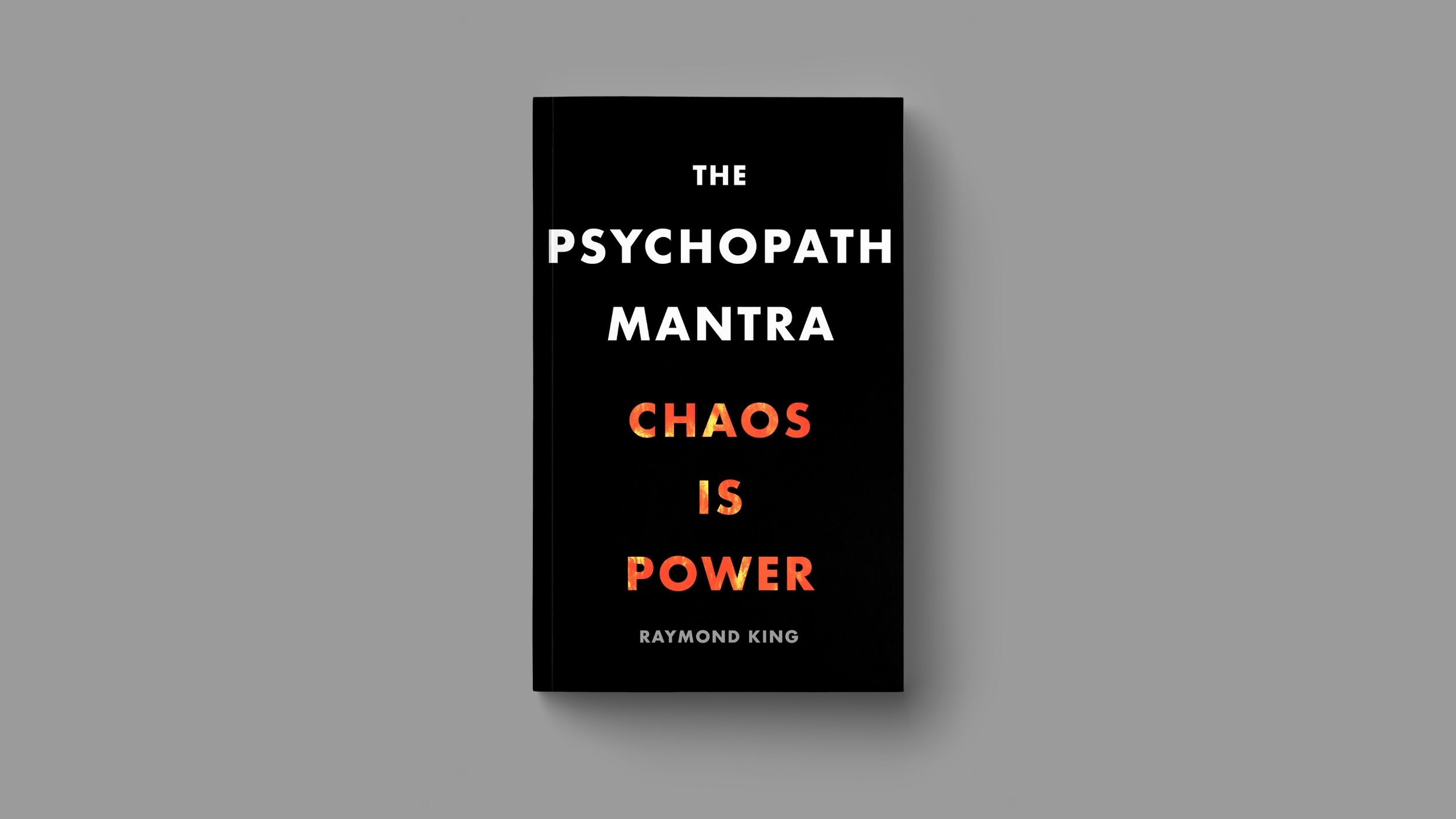Why I wrote this book
The Psychopath Mantra began with a question I could feel long before I had the words.
In 2005, three years before the global financial crisis, I was a senior in high school. Even though many of us were successful in getting into college, there was an undeniable feeling that the world was moving farther away. Away from our ideals. Away from reality.
MTV was beginning to abandon music. The War on Terror dragged on. Even the debauchery of The Jerry Springer Show seemed quaint by then.
On the last day of school, after our graduation rehearsal, someone approached me and said, “No matter what happens, never change.”
There was a sadness in her voice, as if she were clinging to the last shred of nobility in the world. It made sense to me. It made sense to all of us. The world was becoming cruel beyond reason, and cruelty had become the new standard of beauty.
You couldn’t smile too much. You couldn’t be honest. You couldn’t truly believe in anything. You couldn’t afford to be naive—not with society, and not even with yourself. It wasn’t just that deception was becoming fashionable—it felt like everything was being replaced.
Jobs. Values. People.
As a former executive I knew would say with vicious glee: No one is indispensable.
We found ourselves fighting for meaning in places where meaning never existed. By leading us down this path, a small group of people amassed unimaginable wealth and power.
Twenty years later, the world has fundamentally changed. The suspicion we had when we were young has been realized in ways none of us could have imagined. And now, standing against the monstrosity of a history gone mad, we find ourselves confronted with the question that lingered all this time:
What is the meaning of change?
Whether it’s the education system or the self-help industry, we’re constantly told that it is our fault that we are not as successful as we want to be. Which then begs the question: What is success? And where does it come from? According to our leaders, success is something you nurture within, like a mystical flower that can bloom in acid rain. Look at our heroes, they can all rise above their circumstances, so why can’t we? Society is decaying in front of our very eyes, but rest assured, we can still believe in the miracle of success. When you watch these people speak, you get the feeling that they genuinely believe what they say. To them, spectacle and authenticity have no discernible difference. They can lie and preach simultaneously because contradiction itself excites them. Shamelessness has now become a virtue.
When you take present day to its logical extreme, the dystopia writes itself. Behold a perfect meritocracy, a truly all-consuming algorithm elevated to law, where everyone is vying to become a venerable psychopath, a perfect, unfeeling machine of pure ambition, unfettered by conscience, freed to pursue success at any cost. Those who fail lose the right to their identity, culture, and memories—all that would remain would be a husk, a generic avatar perpetually enslaved by the state. Thus became the fictional Republic of Anthem, which served as the backdrop to my novel, Alien Nation. As I fleshed out the story, I asked myself: What kind of motivational text would a society like this require its citizens to read? The answer seemed inevitable. A reversal of stoic philosophy, turning the noble idea of acceptance in the face of mortality on its head, making it a means to an end. The satire may be lost on the citizens of Anthem, but it would (hopefully) be apparent to us in the present day.
Put another way, The Psychopath Mantra is How to Win Friends & Influence People, as written by the ruling class.
While mainstream society forces us to pick between the individual and the system, I believe that the truth emerges not from picking sides, but by understanding the totality of existence. The status quo will always try to reduce reality into a set of preconceived ideas, by which our choices are bound. Oppression is not merely the power to dominate—its end goal has always been the death of meaning. After all, there’s nothing more powerful than a persistent conflict that cannot be won.
So yes, I believe that we must question the purpose of change. Who does it serve? On what grounds is it made? As adaptable as our species can be, we can no more disown the idea of nobility than our capacity for evil. This nobility is not dependent on any external factor—this nobility is inherent in the state of consciousness. To be aware is to seek a kind of justice. No system of control can take that away from us. We know, through the sheer conviction of belief, that life is worth living because meaning is essential. One doesn’t need professional credentials to hold this belief. One doesn’t need the approval of gatekeepers to see the world through clear eyes.
I believe we are all in search of meaning, and this quest will restore nobility to the world.
Thank you for reading. May our wisdom always endure.

